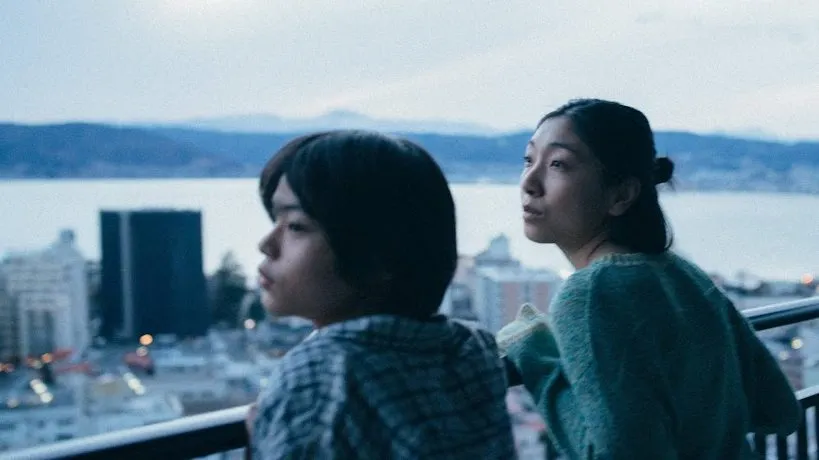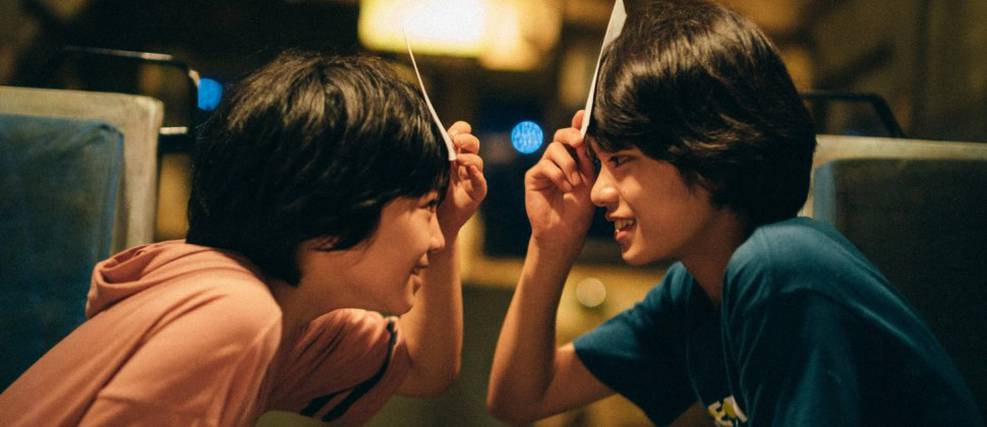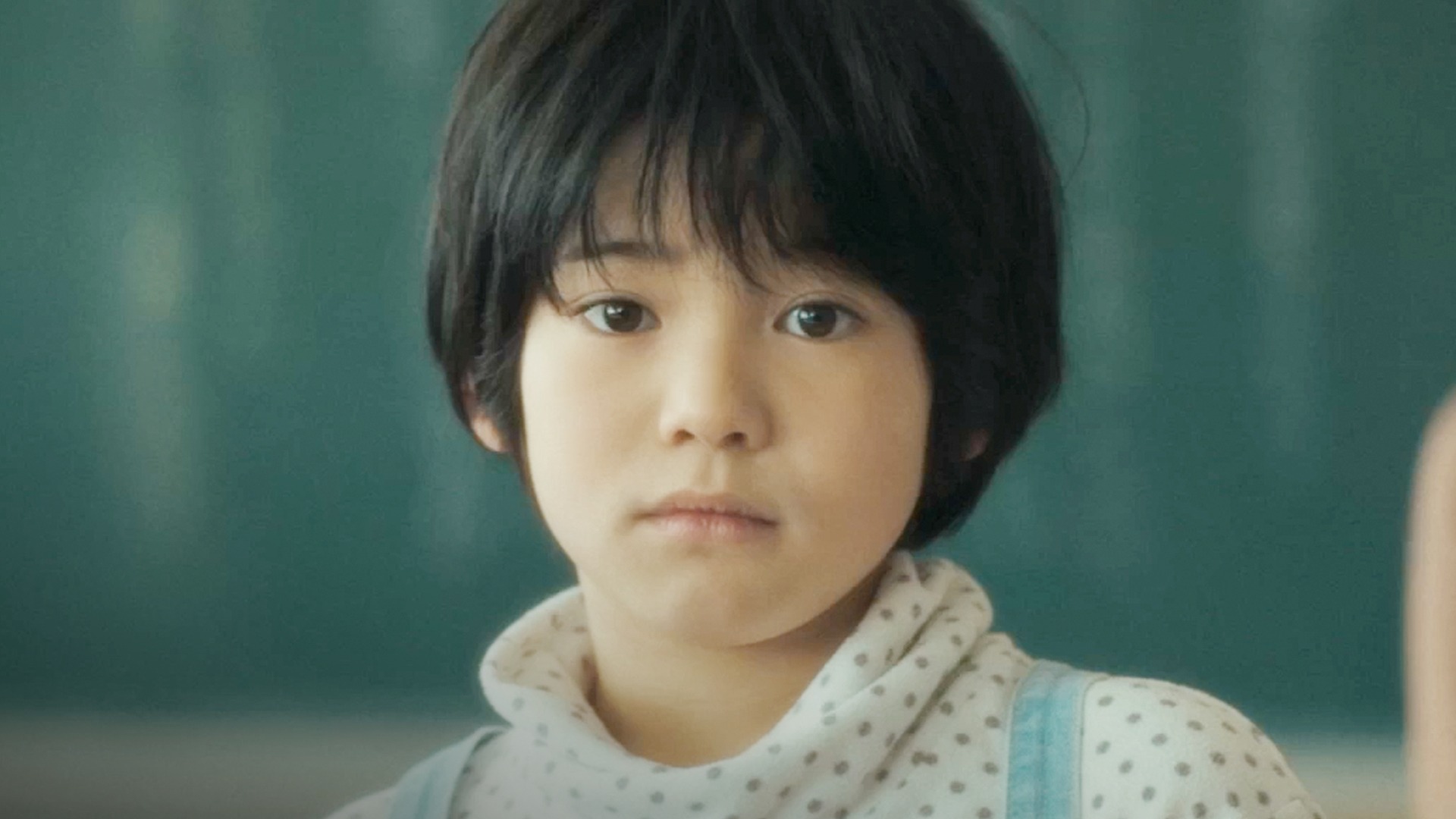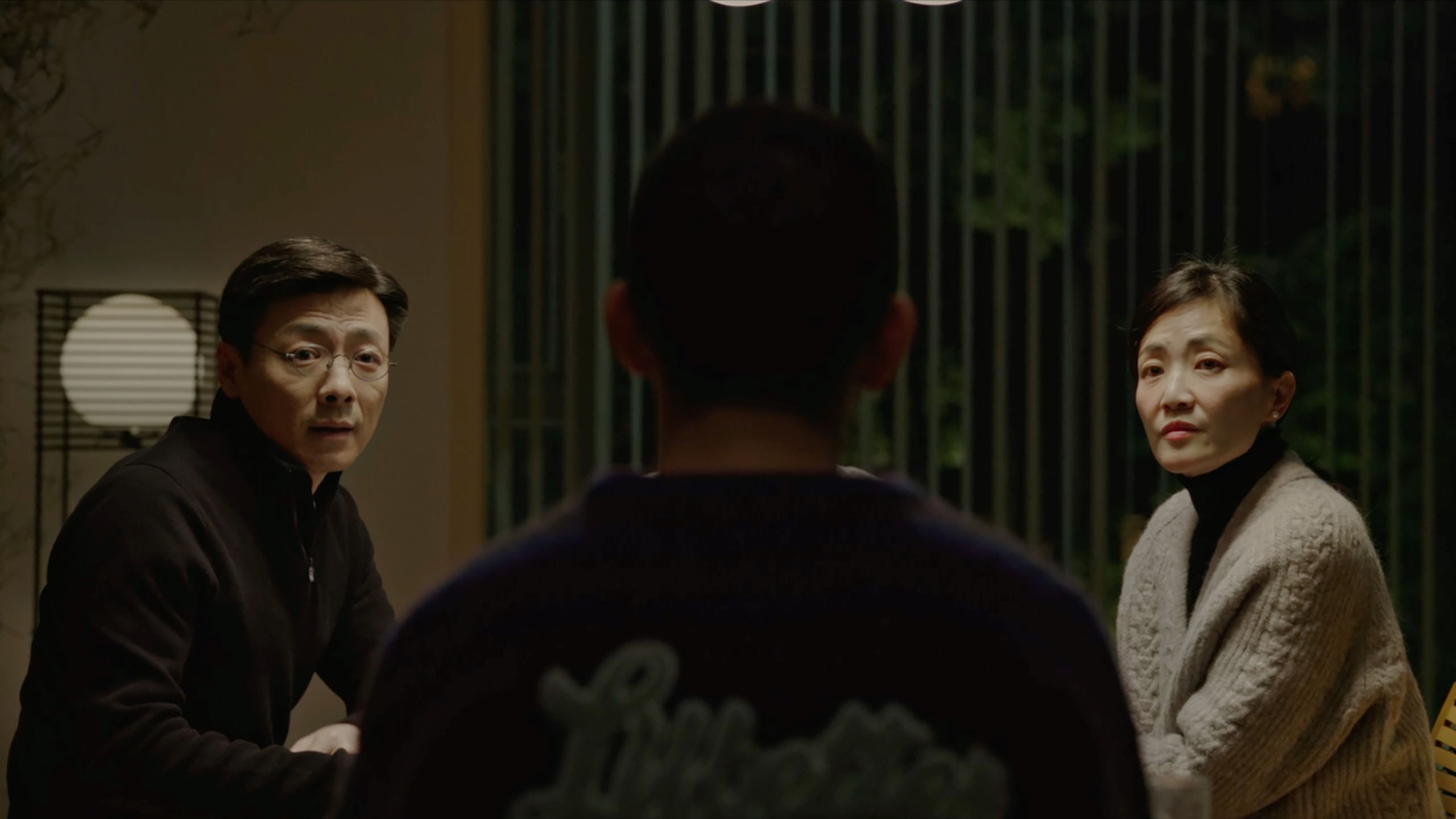Known for his exploration of universal themes including family, happiness and memories, Japanese director, producer, screenwriter and editor Hirokazu Kore-eda‘s newest feature Monster (2023) has received acclaim from critics and fans alike. Monster follows mother Saori (Sakura Ando, Godzilla: Minus One) whose son Minato (Soya Kurokawa) starts behaving strangely, leading her to think that something must be wrong. Soon discovering that a teacher is responsible, she storms into the school and demands to know what’s been happening to her son. However, as the story unfolds and the truth gradually emerges, it may not be anything close to what Saori imagined. Using clever storytelling methods to keep us intrigued, fantastic performances from the young leads and beautifully explored complex themes, Monster fits tidily into Kore-eda’s filmography as a heartbreaking study of childhood, growing up, and the harrowing idea that we may not know our children as deeply as we think we do.
The storytelling of Monster is its best asset, being extremely clever in the way it drip-feeds us information and consistently changes our perception of the story. Playing out like a mystery, the film splits off neatly into three acts, giving us three different perspectives. Firstly, we follow Saori; as her son’s behavior becomes increasingly more worrying and strange, she must take matters into her own hands, as Minato tells her he’s being mistreated at school by a teacher. The second act follows the accused teacher, showing us his side of the story; we soon realize that things may not be as black and white as they seem, and he may not be the monster that the title suggests. Lastly, we follow Minato himself, finally learning the truth about his recent shift in behavior. He has far more going on in his life than the adults around him could ever imagine. Monster is often unsettling enough to appear as a thriller, as it oozes an eerie tone that leads you to believe something strange is afoot. It also cleverly mimics a mystery at times, being careful about how much it divulges from scene to scene. The storytelling is extraordinarily unique and elevates the story being told to high heights.

The first act of the film fully immerses itself in the theme of Motherhood, as we follow Saori attempting to get to the bottom of her son’s strange behavior. Helmed by a fantastic performance from Ando, Saori is a strong-willed fighter who will stop at nothing to ensure her son’s safety. It takes a look into single motherhood, taking time to explore how Saori and her parenting may be perceived by others, as she’s raised her son alone. The scenes set in the school office with Saori and Minato’s teachers are incredibly well-crafted; the location is claustrophobic and enclosed, and the dialogue in the scenes is repetitive and monotonous to showcase how difficult it is for Saori to get through to them and receive answers. The emotion and bubbling range from Ando are so tangible that you can almost visualize it; she puts her all into the character of Saori and makes for a heartbreaking and stressful watch. She’s loving, caring and easy to root for from the start, putting so much heart into the movie within the first few scenes.
When the plot progresses and we shift focus to Mr. Hori (Eita Nagayama), we start to realize this story may not be straightforward. Without going into specifics, Hori’s character is developed well; we find out more about his home life outside of the school setting, and we learn the truth of his interactions with young Minato. This humanizes him and allows us to refocus our blame, even before we know the whole truth. The main theme explored throughout Mr. Hori’s segment is the Education system. We discover why the schoolteachers aren’t dealing with Minato’s case in the way we believe they should, and how we are expected to have uncritical respect for those in authority, despite how flawed they may be. It also looks into the power of rumors, and how misinformation can spread so quickly and carelessly. It’s a really interesting segment of film, delving into themes we rarely see explored in cinema, especially outside of Western cinema. Its ability to shift our opinion on a character so swiftly is commendable, and the way it keeps us guessing about the real villain ensures things remain intriguing.
The third and final act, Minato’s perspective, delves fully into the much-loved coming-of-age genre. We get a glimpse into friendship, school life, bullying, first loves and crushes, secrets, fitting in, family dysfunction and our relationship with our parents – it’s the most emotionally impactful segment. It covers all the ground that a successful coming-of-age story should do, but it dares to go even further in its final reveals, when what this story is truly about is uncovered. The performances from young actors Soya Kurokawa and Hinata Hiiragi are astounding, showing tremendous understanding of themes so much larger than them. They are so naturalistic in their delivery that their friendship feels so real. Don’t be fooled – as charming and fun to follow as Minato and his best friend Yori are, it’s a gloomy affair. As heartbreaking as it is when it draws to a close, it has a lot to say and it successfully brings it’s message home. It certainly has enough pay-off to make it’s slower pace worthwhile. Ambiguous in it’s ending, it leaves a lot to interpretation but in a satisfying way rather than a disappointing one. The fate and path of the characters lie purely in your perception of the story, and that’s a masterful trait to achieve.

Themes and storyline aside, the technical achievements of Monster are just as commendable. Despite being easy to split into three acts, it feels entirely cohesive and tonally consistent across every scene. Shot by frequent Kore-eda collaborator Ryuto Kondo, its cinematography is stunning and aids the story as it evokes the necessary emotions; from its claustrophobic school office to its sprawling, bustling streets, it feels strangely immersive. This pairs beautifully with the score from late composer Ryuichi Sakamoto (The Revenant, After Yang), who utilizes looming, melodic, and moody piano keys to match the tone of the movie perfectly. The performances from the entire cast are exceptional, but it’s the youngsters that impress the most. Kore-eda is well renowned for getting great performances out of young actors, Monster is no exception. Kore-eda’s masterful direction is the glue that sticks everything together; his vision is clear, his approach is clever and the end product is deserving of much praise.
Monster is a thought-provoking, heartbreaking yet wonderful film that covers more ground than expected when you hit play. It makes you realize that who did what, who is telling the truth and who the ‘Monster’ is that the title points to aren’t the questions we should be asking, or even the ones we want answered. It explores complex emotions through complex themes, never feeling overstuffed and always feeling real. With well-developed characters, a consistently engaging storyline that forces you to change your perspective at each scene and an extremely powerful ending, Monster is a truly beautiful piece of cinema.
Monster is currently available to stream on Apple TV+.



